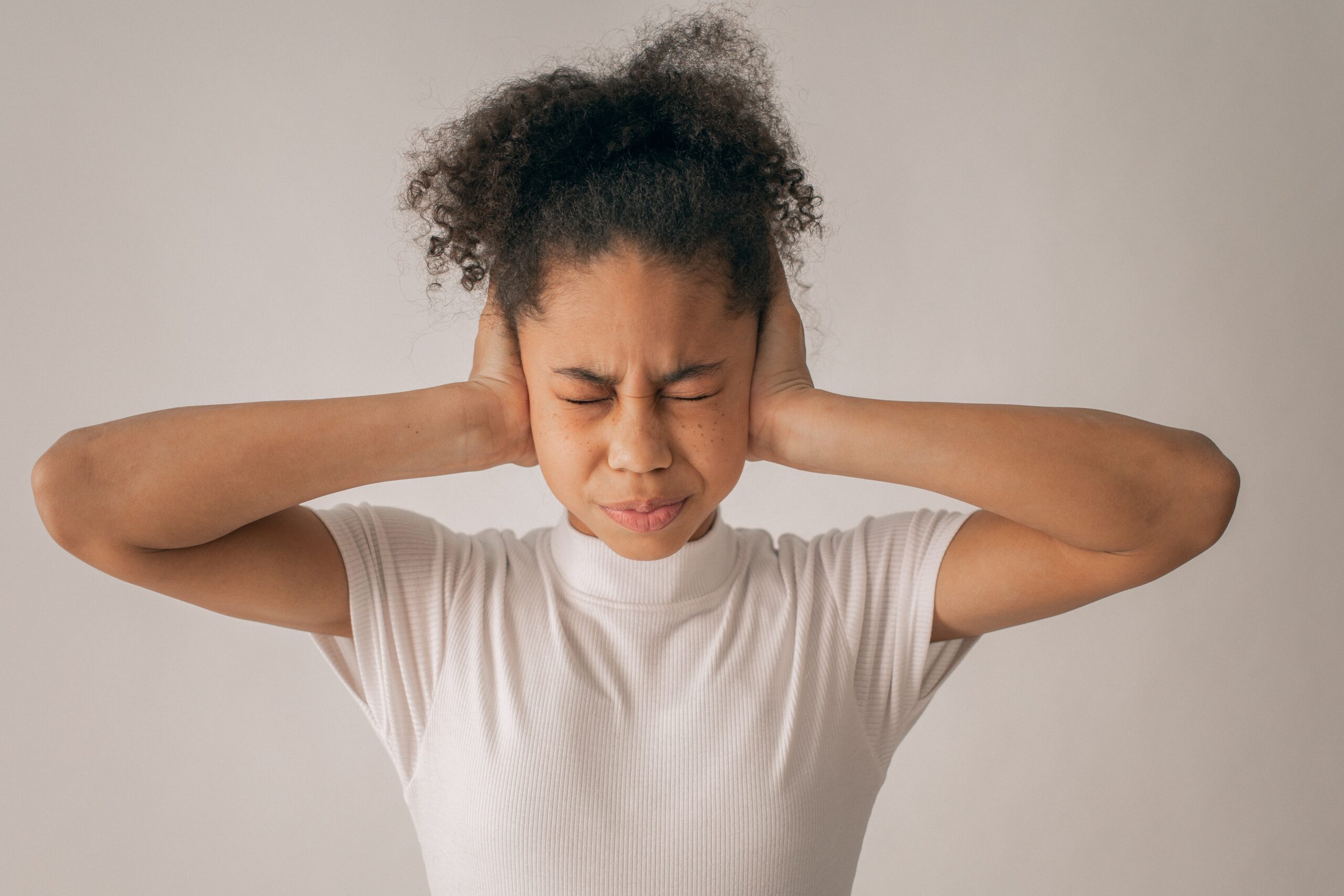School is beginning again for a lot of kids this Fall semester. For many, it’s an exciting time to renew friendships and move up a grade level. But for others, it can be difficult due to nervousness about a variety of issues.
Is your child filled with anxiety about going back to the classroom? Has she shown intense hesitation regarding the topic of school for the past several weeks?
Anxiety can bring to the surface intense apprehension, feeling “on edge,” and overall worry. Add to it the thought of extraordinary pressures from teachers, peers, and homework deadlines. It’s no wonder many kids literally freak out when school begins each Fall! True anxiety in kids may be chalked up by their parents as just “school nerves” when the situation is actually more critical.
How to identify signs and symptoms of anxiety in children and teens
Cognitive Symptoms:
- Racing thoughts
- Excessive worry
- Inability to focus
- Mind going blank
- Irritability
- Irrational fears or being overly fearful
- Self-consciousness
- Fear of embarrassment in public
- Fear of eating in public
- Exaggerated impatience
- Vivid dreams
Physical Symptoms:
- Neck pain
- Nausea
- Vomiting
- Diarrhea
- Sweating
- Restlessness or feeling “on edge”
- Sleeping problems
- Chronic indigestion
- Racing heart rate
- Tightness in chest
- Shortness of breath
- Fatigue
- Dizziness
- Headaches
- Muscle tightness
- Facial ticks
- “Lump in the throat” feeling
- Dry mouth
The ‘why’ of anxiety
There are various reasons why anxiety could be present in a child such as hormonal changes, low serotonin levels, and/or other chemical imbalances. Genetic factors, temperament, and stress or trauma can all be triggers for anxiety flare-ups in kids. But keep in mind, while these are different possibilities for causing anxiety, they are not the only defining factors.
When should parents seek professional counseling for their child?
You should consider getting treatment for your child if you realize several of the following:
- They experience many of the symptoms of anxiety listed above more days than not
- Medical causes have been ruled out by their doctor
- Their anxiety level greatly affects normal daily functioning
Getting help from a counselor can greatly reduce and even eliminate anxiety disorders. With treatment and coping skills learned in counseling, anxiety can become much more manageable. The more adaptable the anxiety becomes, the more confident your child can become against their fears. Remember, there is hope! Anxiety is treatable.
*Some of this content was adapted from If Your Adolescent Has an Anxiety Disorder by Edna Foa.


